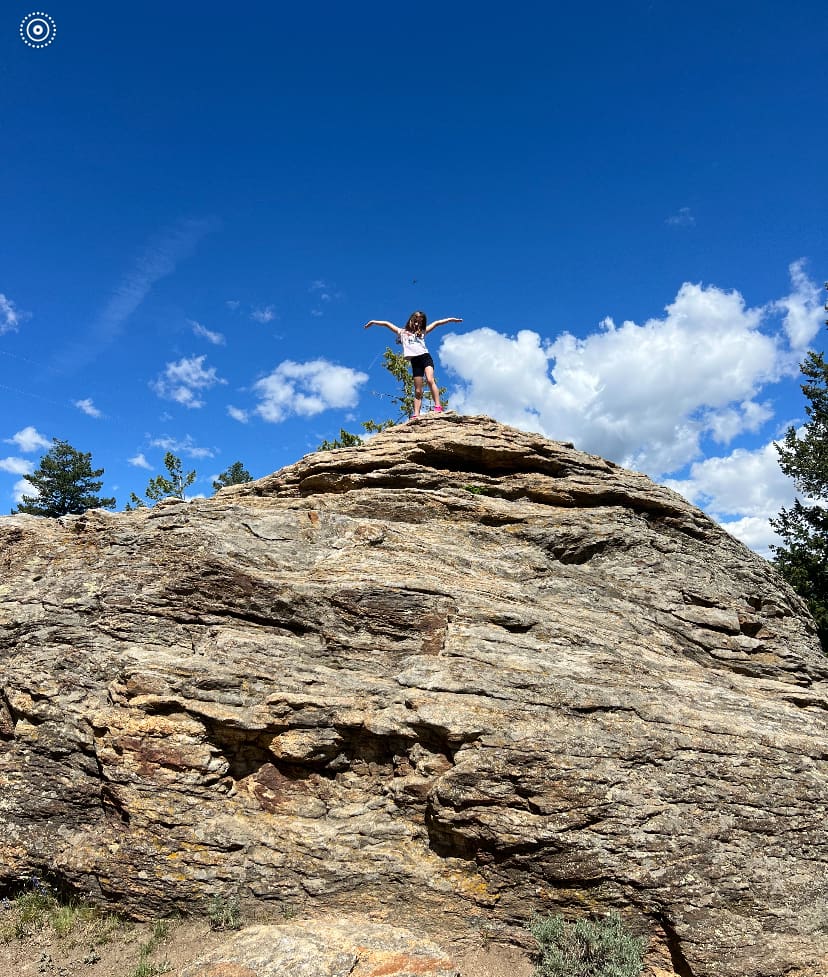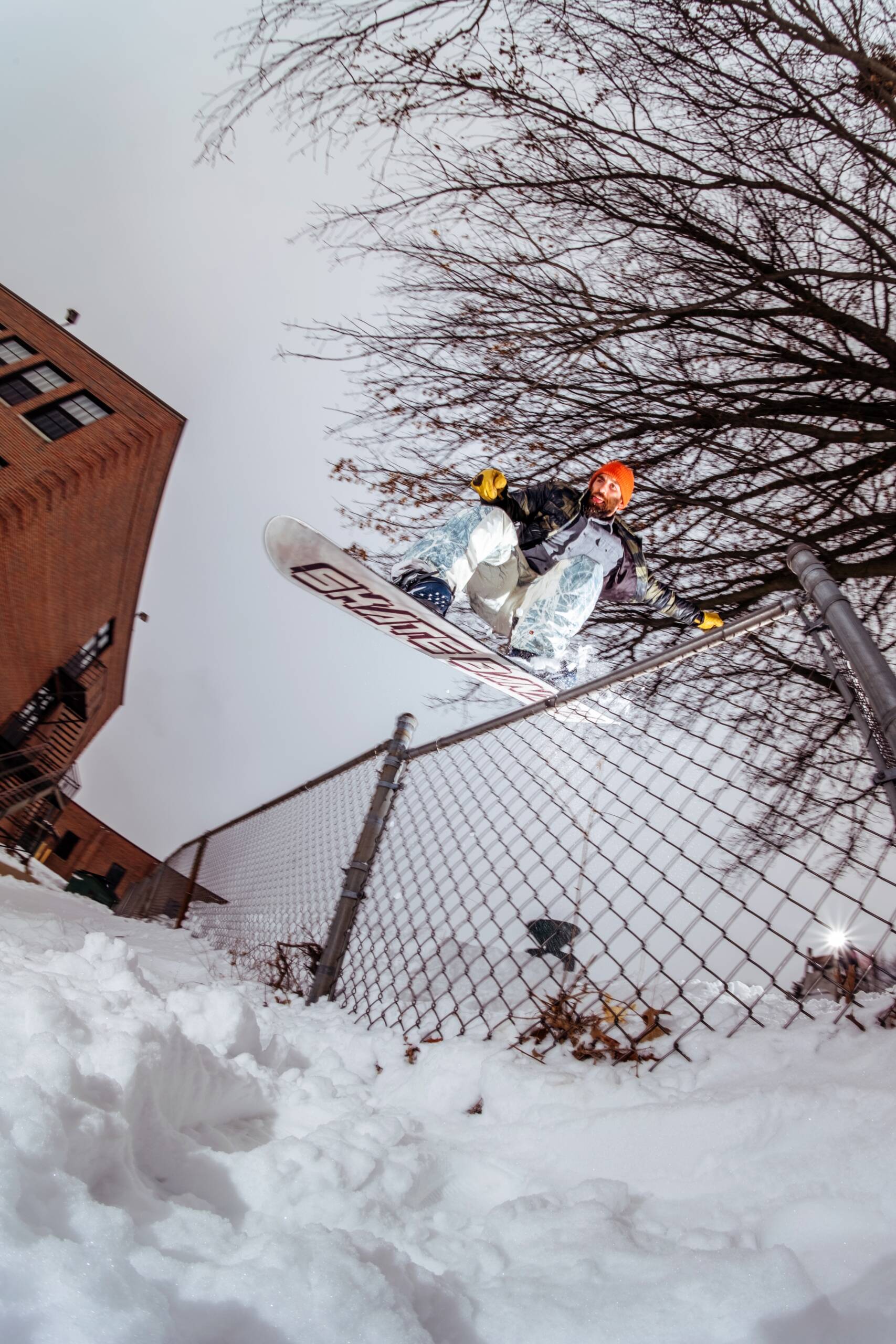As many of you know, I have recently moved to the beautiful Colorado. For many reasons, we decided this was the moment to make our mountain adventure dreams come true. For one, I am pursuing my amateur athletic career (alongside my professional Occupational Therapy career and full-time mom duties). Living at 7800 ft (and to train at altitude) is no easy transition, but the benefits are hopefully worth the huffing and puffing. Considering I am training my cardiovascular fitness while in REM sleep, my awake training load has dropped greatly. This decreased time training has provided me plenty of time to indulge in juicy novels while snuggled up near the fire.
All jokes aside, this transition has definitely dampened my training. I have a lot to consider—acclimating to the altitude, being mindful of animals, and adjusting to the loom of a 5 o’clock sunset. If I weren’t training for a 50-mile Ultra Marathon in January, I would allow myself some grace, but time is ticking, and learning how to adjust my training to the thin air, lack of light, and high volume on my feet is a non negotiable.

How to Train at Altitude:
- Your body is working in overdrive trying to adjust to the thinner air. This means your body is working hard to supply your muscles with oxygen. Feeling fatigued and lacking performance is NORMAL. Overtime, your body will adapt by producing more red blood cells – enhancing your endurance. Increased RBCs results in improved oxygen delivery to muscles and enhanced performance when returning to lower altitudes.
- Hydration should not be taken lightly. Air at altitude is much drier, so dehydration can set in much quicker. It’s important to stay on top of your hydration and electrolyte supplementation during intense training sessions.
- Be aware. Running with headphones is a luxury and consider taking precautions at high altitude as it means an abundance of wildlife.
- As your muscles and cardiovascular system are under more strain at altitude it is important to pay more attention to recovery. Sleep, particularly REM sleep, aids in muscle repair – so, consider adjusting your schedule to account for those 7-9 hrs of sleep.
- Adjust your mindset and practice patience. Training at altitude is difficult and moderately unpleasant. There is a real transition where performance may not meet expectations, and that can be frustrating. Staying consistent and managing your expectations is crucial to your performance improvements.
- Dont neglect post-workout recovery. Such as this full guide for recovery if you are a mountain bike athlete.
Know your limits
Although I have no plans to become a semi-elite athlete in any sport, I have goals. I have expectations for my fitness and events that I’d like to race without losing my fitness or creating an opportunity for injury. So, I have to consider the area in which I live and adjust my training style to fit within it.

These considerations are not just for people planning to move to higher altitudes (or planning to train at altitude), but it’s important for people when taking trips to higher altitudes, preparing for ski/snowboard season, or planning their advancement toward that sub-elite category.
Just a reminder – be kind to yourself this winter season. Remember that the first ski run of the season is not a defining factor as an athlete. Allow yourself to adjust to the altitude and be careful with those post ski beers.

